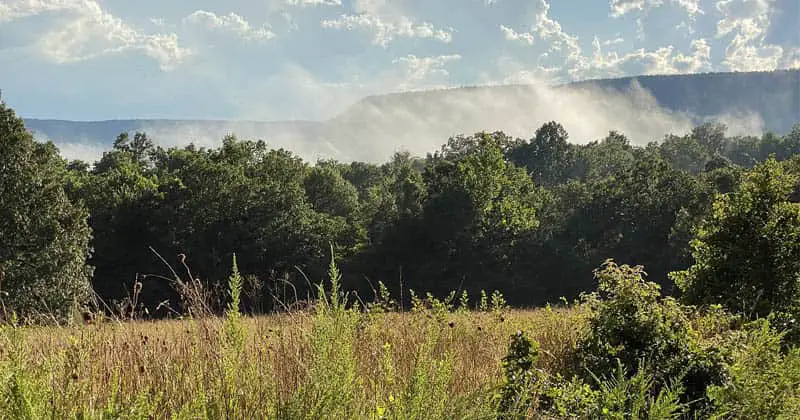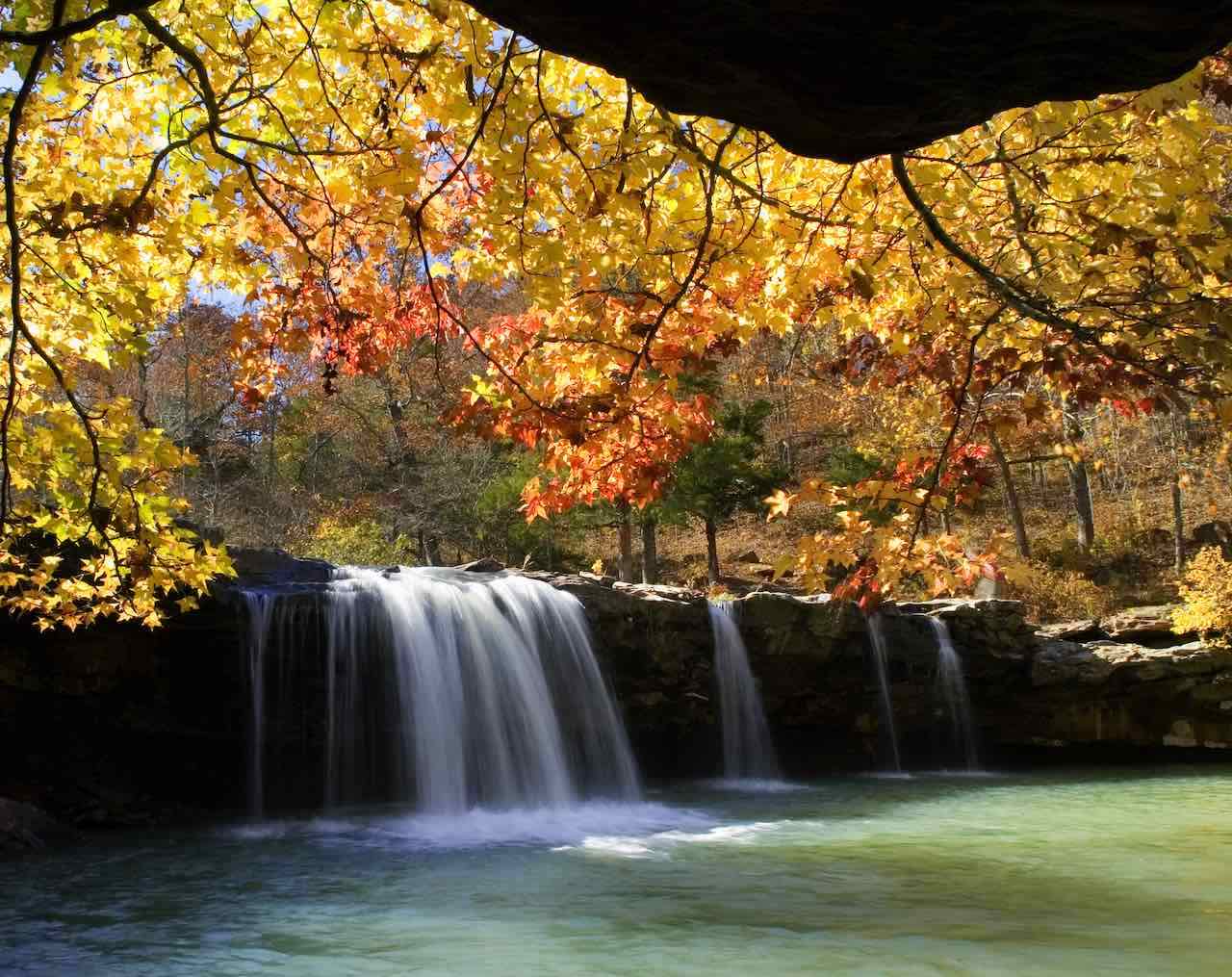If you’re looking to live off the grid, Arkansas might just be the perfect state for you. Despite its high poverty and crime rates, Arkansas offers several advantages for those who choose to live off-grid. Not only is it legal to live off-grid in Arkansas, but the cost of living is significantly lower than the national average. This includes affordable housing and land prices, as well as lower property taxes. The state also boasts a diverse climate, ample water availability, and fertile land for growing various crops. However, it’s worth noting that the road infrastructure in rural areas may not be the best, and Arkansas does experience natural disasters. Nonetheless, living off-grid in Arkansas provides an opportunity to reconnect with nature while enjoying the benefits of a more affordable and sustainable lifestyle.
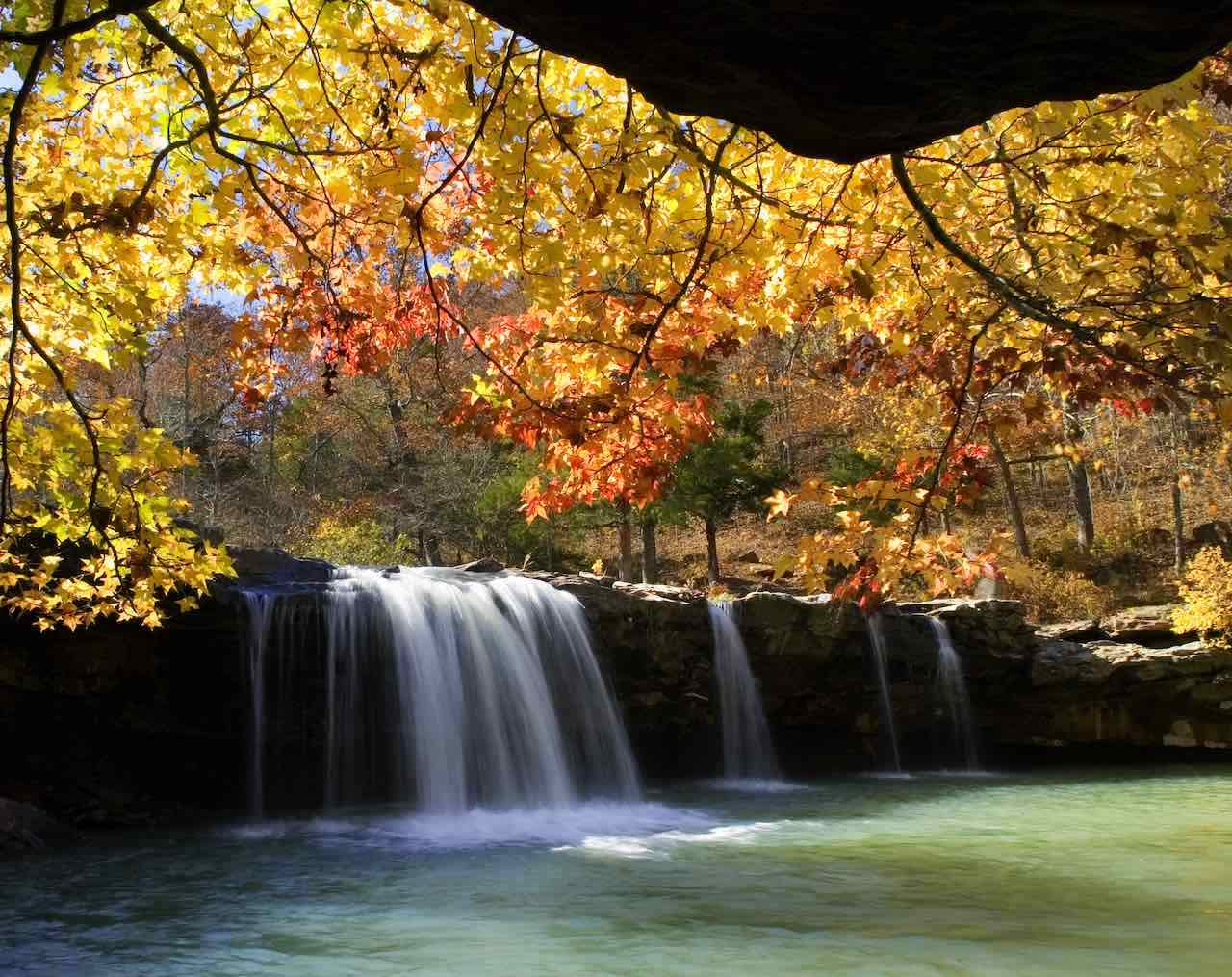
Arkansas as an Ideal Off-Grid State
If you’re considering off-grid living, Arkansas is a state that offers many advantages. Despite its high poverty and crime rates, living off-grid in Arkansas is legal and can provide a lower cost of living, diverse climate, suitability for agriculture, abundant water availability, and diverse wildlife.
Lower Cost of Living
One of the main benefits of off-grid living in Arkansas is the lower cost of living compared to the national average. The cost of housing and land prices are notably cheaper, especially in the southern parts of the state. This makes it more affordable to establish an off-grid lifestyle and invest in the necessary infrastructure.
Diverse Climate
Arkansas offers a diverse climate, with hot summers and mild winters. This variety allows for a range of off-grid energy options, such as solar power, that can provide for your energy needs throughout the year. The abundance of sunshine in the summer months makes it an excellent location for utilizing solar panels, while the milder winters reduce the need for extensive heating systems.
Suitable for Agriculture
If self-sustainability through agriculture is a priority for your off-grid lifestyle, Arkansas is an ideal choice. The state is known for its fertile soil, making it suitable for growing a variety of crops, including corn, cotton, soybeans, wheat, and rice. By cultivating your own food, you can reduce reliance on external sources and ensure a sustainable food supply.
Abundant Water Availability
Access to clean water is crucial for off-grid living, and Arkansas offers abundant water availability. The state has clean groundwater that can be tapped into, as well as a good amount of rainfall throughout the year. This ensures a reliable supply of water for all your off-grid needs, from drinking water to irrigation.
Diverse Wildlife
Living off-grid in Arkansas provides an opportunity to be close to nature and encounter diverse wildlife. The state is home to various animals, including bears, elk, bobcats, and deer. Embracing this aspect of off-grid living allows you to appreciate the natural beauty and biodiversity of Arkansas while enjoying a sustainable lifestyle.
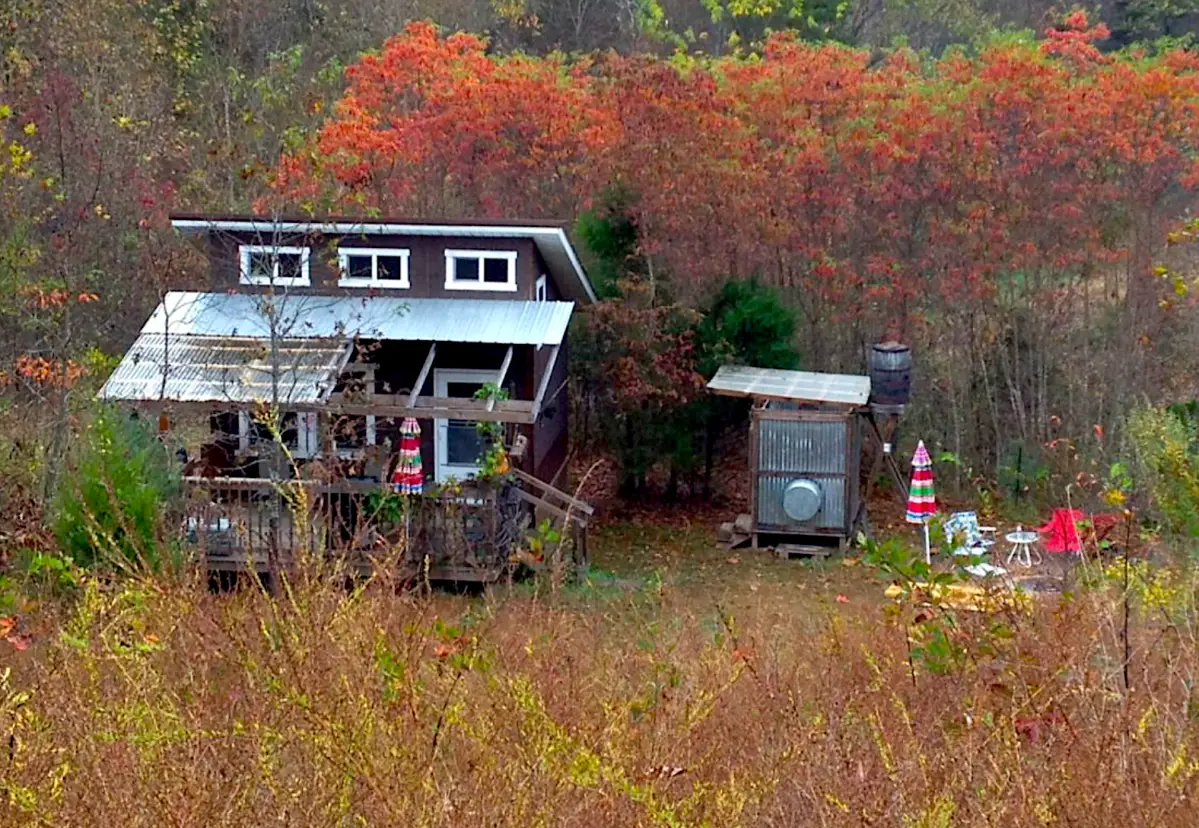
Infrastructure and Land in Arkansas
While Arkansas offers many benefits for off-grid living, it’s important to be aware of some infrastructure and land considerations.
Road Infrastructure Challenges
One of the challenges of living off-grid in Arkansas is the road infrastructure, particularly in rural areas. The condition of roads can vary, and it’s essential to consider accessibility to your off-grid property. Ensuring that you have a reliable mode of transportation or access to necessary supplies and services is important when selecting your off-grid location.
Affordable Land Prices
A significant advantage of off-grid living in Arkansas is the affordable land prices, especially in the southern parts of the state. This affordability allows you to purchase larger tracts of land, providing you with the space and flexibility needed for implementing your sustainable off-grid lifestyle.
Lower Property Taxes
Another financial advantage of off-grid living in Arkansas is the lower property taxes. The property tax rates in the state are generally lower than the national average, making it more economically feasible to own and maintain your off-grid property.
Living Expenses in Arkansas
While Arkansas offers a lower cost of living compared to the national average, it’s essential to consider other factors that may impact your off-grid lifestyle.
Cost of Living Comparison
The overall cost of living in Arkansas is approximately 20% lower than the national average. This includes expenses such as housing, utilities, groceries, healthcare, and transportation. When planning your off-grid lifestyle, it’s important to consider these factors and account for the costs associated with self-sustainability and maintaining an off-grid property.
Job Opportunities
Arkansas provides various job opportunities across a range of industries. The state’s unemployment rate is generally lower than the national average, offering potential employment options to support your off-grid lifestyle. It’s important to research the local job market and identify potential opportunities that align with your skills and interests.
Higher Crime Rates
While Arkansas offers many advantages for off-grid living, it’s crucial to be aware of the higher crime rates, particularly in certain cities. Conducting thorough research on specific areas and understanding the local crime statistics can help you make informed decisions about where to establish your off-grid lifestyle.
Natural Disasters
Arkansas experiences natural disasters such as tornadoes, hurricanes, wildfires, floods, and storms. Being prepared for these potential events and taking necessary precautions is important when living off-grid. It’s essential to factor in emergency preparedness and ensure that your off-grid property is resilient to withstand these natural disasters.
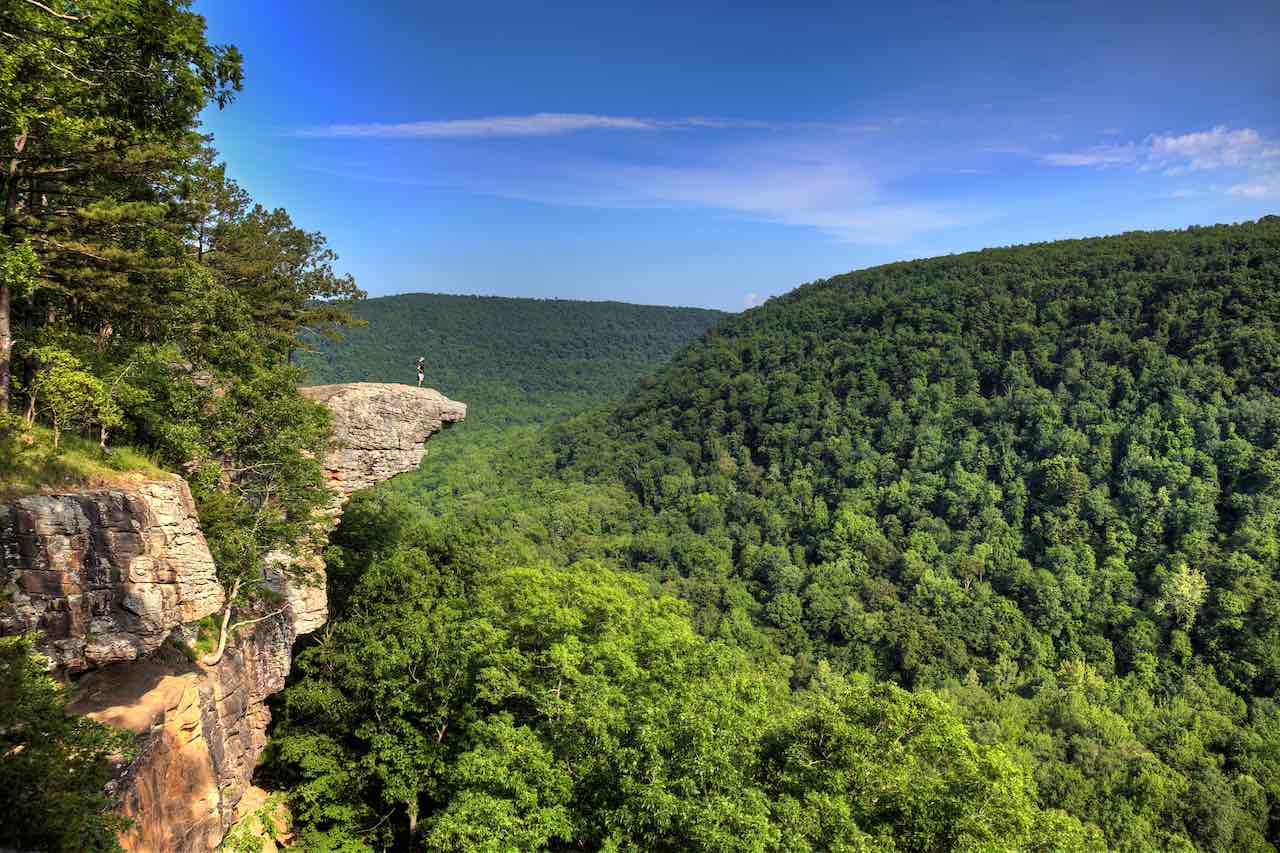
Legality of Living Off-Grid in Arkansas
Living off-grid in Arkansas is legal, but it’s important to adhere to relevant regulations and requirements.
Adherence to Regulations
While off-grid living is legal, it’s crucial to follow any applicable regulations and requirements set by the state. This includes obtaining the necessary permits and licenses for your off-grid property and activities. Researching and understanding these regulations will ensure that you can enjoy your off-grid lifestyle within the bounds of the law.
Building Codes and Zoning Laws
Arkansas has building codes and zoning laws in place to regulate construction and land use. It’s important to familiarize yourself with these codes and laws to ensure that you comply with any necessary requirements when building and developing your off-grid property.
Permission for Tiny Houses
Tiny houses are generally permitted in Arkansas, but regulations may vary depending on jurisdiction. It’s essential to research the specific requirements and limitations for tiny houses in the area where you plan to establish your off-grid lifestyle. Understanding and adhering to these regulations will prevent any potential legal issues and ensure a smooth transition to off-grid living.
Living off-grid in Arkansas can offer a fulfilling and sustainable lifestyle. With its lower cost of living, diverse climate, suitability for agriculture, abundant water availability, and diverse wildlife, Arkansas provides a range of benefits. However, it’s important to consider infrastructure and land challenges, living expenses, job opportunities, higher crime rates, and the impact of natural disasters. By understanding the legality of off-grid living in Arkansas and adhering to relevant regulations, you can create a thriving off-grid lifestyle in this ideal state.
